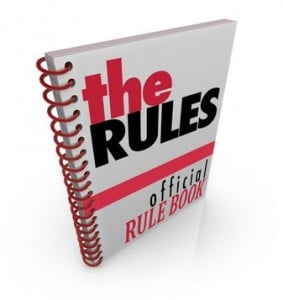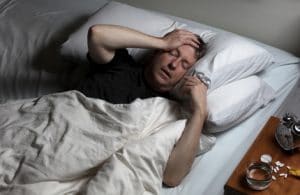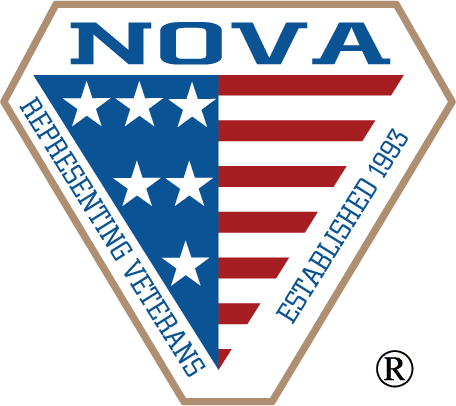In our last article, we let you in on a little-known change to the way VA sleep apnea claims are being decided. In case you missed it, check it out here so you don’t fall victim to this newest tactic to deny VA sleep apnea claims.
Now, we want to give you some good news that VA is not likely to tell you about. It expands the group of veterans who may qualify for higher VA sleep apnea disability compensation.

The All-Important 50% Disability Rating for VA Sleep Apnea Compensation
We will go through the various ratings that are possible for VA sleep apnea compensation in a later article. For now, let’s focus on what you must prove to receive a 50% rating for VA sleep apnea since that is probably the most common rating assigned for this particular disability.
Despite most eligible veterans being rated at the 50% level, some veterans in the past have been denied a 50% evaluation because of the method they and their doctors chose to treat their particular form of sleep apnea syndrome. If you have sleep apnea, you are probably aware that there are a number of different ways to treat this sleep disorder.
While CPAP machines are one of the most popular treatment methods for sleep apnea, many people have turned to some others that are less obtrusive or bothersome when sleeping. One treatment that seems to be gaining among patients and their doctors is oral breathing devices that reposition the tongue or jaw while you sleep to improve airflow. Nasal disks, also known as nasal expiratory positive airway pressure (EPAP) devices, cover the nostril restricts the amount of air the patient can breath out but allows you to breathe in freely. More radical approaches include surgery to remove tissue, reposition the jaw, implant serve stimulation devices, or even create a new air passageway.
So, Why Does It Matter How You and Your Doctor Decide to Treat Your VA Sleep Apnea?
A 50% VA sleep apnea rating “Requires use of breathing assistance device such as continuous airway pressure (CPAP) machine.”
Until recently, VA was prone to ignore two little words in the rating criteria. Those two words were “such as.” As a lawyer, I am trained to examine each word in a statute or rule and determine what it means. So, I know the words “such as” are mean to signal that what follows is an example, but not necessarily the only example. Unfortunately, those deciding VA claims, at least at the Regional Office level, do not have the benefit of legal training. They skipped right over those two words and honed in on CPAP.
In other words, it was not good enough in VA’s eyes if you used a breathing assistance device.
The result – service-connected veterans who did not use a CPAP did not get a 50% rating for VA sleep apnea. Those who did use a CPAP would receive 50% (assuming they were otherwise service-connected), even if their sleep apnea was not as bad as the veteran with a severe case but who elected another treatment option.
Many veterans did not know. Perhaps even worse, a veteran was forced to choose between the best possible treatment option and the best possible rating.
So What Has Changed in VA Sleep Apnea Rules?
The rating criteria for a 50% evaluation have not changed. It still says “Requires use of breathing assistance device such as continuous airway pressure (CPAP) machine.”
Remember in the article where we talked about M21-1MR, which is essentially VA’s playbook in how to decide your VA disability compensation claim? VA has added a good reminder to its personnel that CPAP is not the only way to qualify for a 50% rating.
The manual now says:
On the question of what qualifies as a breathing assistance device, the DC lists a continuous positive airway pressure (CPAP) machine as an example.
Other qualifying breathing assistance devices include:
- other positive airway pressure machines (automatic positive airway pressure device (APAP); bilevel positive airway pressure device (BiPAP)).
- nasopharyngeal appliances (nasal dilators; nasopharyngeal stents)
- oral appliances (mandibular advancement devices (MAD); tongue-retaining mouthpieces), and
- implanted genioglossal nerve stimulation devices.
Note: Positive airway pressure machines may also be called non-invasive positive pressure ventilation (NIPPV) or non-invasive ventilation (NIV).
Two Parting Thoughts
First, it is important to remember that this good change is accompanied by the bad one. That means whether you opt for a CPAP or another treatment alternative, you must have evidence of medical necessity. My video below explains that change in more detail.
Second, while we are glad to see this “good” change that gives clear guidance how VA should decide VA sleep apnea claims, don’t be surprised if you receive a denial for a 50% rating because you are not using a CPAP. The law has not changed. Since they don’t always follow the black letter law, it remains to be seen if VA personnel will heed their own guidelines.







